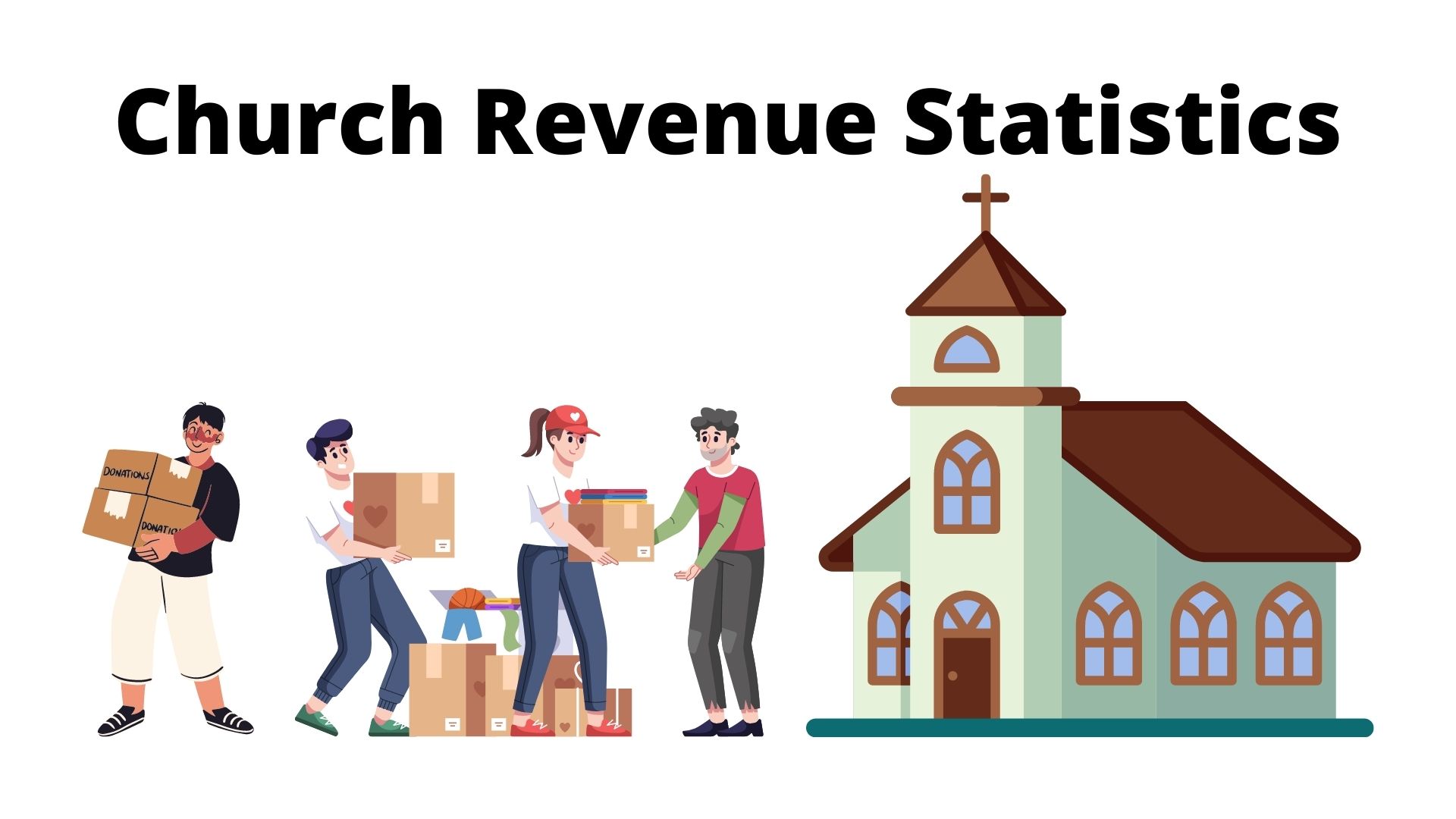The Ultimate Irony

I always laugh when some so-called "CRM Guru" denounces hidebound, greedy, stupid corporate executives who refuse to re-align their organization's management reporting structures and business operations around customers.
These CRM "experts" often criticize corporate types for seeing CRM exclusively as a way of making a fast buck, either by:
- Using sales automation management systems to keep sales people on a tight reign — ensuring that they're doing more taking and talking than giving and listening.
- Using computer telephony integration technology to get call centers to push higher-margin products.
- Using automated voice response systems that are cheaper to use than staff but never seem to present the right options and won't allow customers to talk with a real live human being.
Sadly, it's true that some businesses develop extremely limited interpretations of what CRM really means and shortchange their customers, their shareholders, their employees and themselves on the powerful long-term benefits, which come from identifying, attracting and retaining the right types of customers.
However stubborn and backward these executives are, it seems to me that we in the CRM industry are in no place to criticize them, or anybody, for that matter. In the ultimate irony and of all ironies, it may be that the CRM industry ranks as one of the greatest offenders of customer-friendly practices.
The CRM Industry's Record at CRM
Indeed, there's a great deal of evidence to support the proposition that the CRM industry itself practices some of the most appallingly anti-consumer practices on its unsuspecting corporate clients. Consider these factors:
- CRM technology vendors sell software packages as "customer relationship solutions" that are in fact channel-specific, often representing only a narrow improvement in functionality over existing systems.
- CRM software sales people sell products that are not well suited for the needs of their clients. Sad to say, it's common knowledge in our industry that corporate clients buy CRM software packages that they can't really use, because these frameworks call for multi-channel integration and sharing of customer information — something that is next to impossible to achieve in many complex, multi-divisional organizations.
- The track record of systems integration, consulting and other professional services firms in implementing CRM systems is reputed to be pretty dismal as well.
So, in light of this information, are we in any position to criticize anyone about not being customer friendly?
How bad is the CRM industry at CRM? Let's look at one the most promoted and popular concepts in CRM: one-to-one marketing.
Failed Promises
Not too long ago, software and solution providers — many of them with cool, hip names and the words "dot-com" after them — were telling corporate prospects that one-to-one marketing could be achieved through the magic of personalization software.
In other words, buy a package of personalization software, plug it in and away you go! Through these solutions, you can track every move your customer makes. All you needed to do was track this information, get to know your prospects and customers better, and then … instant customer intimacy. One-to-one marketing!
Of course, the corporate customers who bought this software discovered the following:
- Many of the "personalization" solutions were based on analyzing and tracking clickstream data. That is, they only worked on getting information on people that visited your Web site. While this might have worked for "pure play" Internet firms, the fact of the matter is that most consumers use telephones and actually visit real stores.
And while the clickstream data analysis could give you a better sense of what site visitors looked at when they came to your site, where they came from, and what types of navigation paths and searches they performed — the information didn't exactly provide the sort of detailed knowledge you would need to develop "customer intimacy." Most of these nifty personalization technologies used simple pattern matching technology to serve different content to different types of users — which is really one-to-many, not one-to-one communications.
- Collaborative filtering technology seemed like a great idea, but it too, was limited to the Internet channel. It also proved less effective than anticipated because it assumed that every user was the same. If you bought a product as a gift for someone else, or let another person use your account, the technology would serve up recommendations based on their behavior, not yours.
- None of these systems readily integrated with existing information about customers, so they provided a limited view of them. Even more sophisticated recommendation engines, such as those using rules-based personalization, proved crude and rudimentary as automated selling machines. It seems that simple "if/then" logic constructs weren't quite sophisticated enough to keep up with complex minds of real live human customers. Without more advanced analytic and data warehousing systems, these packaged software products offered only very simplistic and fragmented profiles of customers.
And, to add insult upon injury, many consumers didn't like the idea of been snooped on when they visited Web sites, raising invasion of privacy issues.
In light of these facts, it seems that all of us in the large CRM community should adhere to the following principles:
- The customer comes first. Just because some technology enables some neat functionality doesn't mean the functionality will be valued accordingly from the customer's point of view.
- We need to remain particularly sensitive to people's privacy. If we can't get customers' permission to demonstrate value, then we're not adequately demonstrating our value add. Most consumers will be glad to share information about their interests and needs when provided the appropriate incentives.
- Never condemn anyone about being anti-customer. Given our track record, we're in no position to criticize.
What are your views? Please send them to me at [email protected]
Arthur O'Connor is one of the nation's leading experts on customer relationship management (CRM) and customer-facing IT systems and strategies. He's currently the national columnist for eCRMGuide.com and this year serves as the chairperson of the Institute for International Research's CRM Conference. Arthur has over 20 years leadership and management experience in the area of customer management, strategy and new business development, including 15 years as a senior corporate officer of two NYSE-listed inter national corporations, and over five years experience as an independent management consultant and Big 5 firm practice manager selling and managing large-scale IT engagements.




